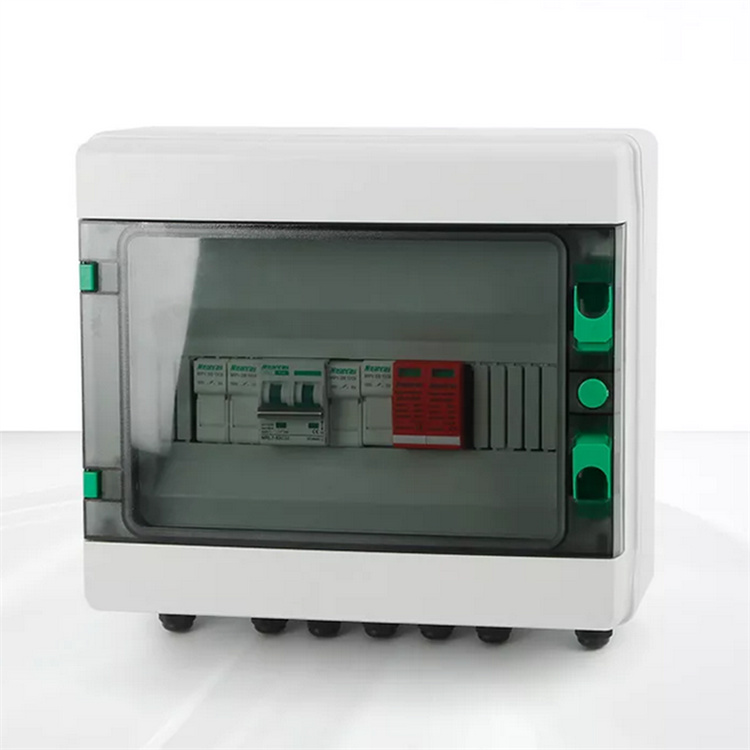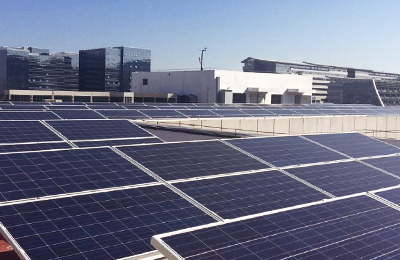Compare 4kw Solar Panels in Your Area
» Enter your location and requirement » The best 4 custom quotes are sourced from 47 top suppliers » 100% Free & NO obligation service & quotes » Reduce you electric bills by upto 66% 2.5 Kw Solar System

Most people agree that the government is making it harder for you to install solar panels.
But what if I told you:
With the right system choice you could still save 50% on your energy bills + make £2200 in profit over 20 years?
For most residential homes, installing solar panels means making a few key decisions, starting with the size of the solar PV system. A 4 kW solar system is more than adequate for the average residence.
It provides enough power for a family of four. As a result, the 4kW system is the most popular residential solar panel setup in the UK. If you’re considering installing solar panels on your home, it’s probably one of your first, and one of your best, choices.
For most homeowners, price and using free renewable energy is a primary consideration when choosing an array. With the falling Feed in Tariff rates, getting the best rate is important if you want to earn your money back.
Finding 4 kW solar panel prices online can be difficult, most installers do not want to provide prices but rather get you on the phone first.
This is the point where we decided to do something different:
So we surveyed 11 local and national solar panel installers for prices, so you can get an accurate ball-park price first. Getting 11 solar quotes took quite a bit of time, over 2 weeks. We are on a mission to help as many people install solar as possible.
And if you are wondering about other sized systems, we have some ball-park prices for you below.
As you can see, the return on a 4 kW solar panel system is significantly higher than that of a smaller array. If you have the space, you can also upgrade to a 5 kW or a 6 kW system without greatly increasing costs. However, the larger system will reduce your Feed in Tariff rate.
If you have the space and the budget, you can upgrade further to a 10 kW array, but most homes cannot use that much power, don’t have that much space on the roof, and the lowered feed in tariff means that it doesn’t pay off for the average homeowner, especially considering that a 10 kW array uses more than 60 square meters of roof space and typically costs upwards of £18,000 to install.
The average 4 kW solar panel installation will earn a 4.8% return over 25 years with the current electric and Feed-in-Tariff rates.
There are several ways to save money with a PV solar system, including by reducing your energy bill, and earning money through the Feed in Tariff.
If you can use energy as you produce it or store it in a battery system, you can expect your solar panels to greatly reduce your monthly energy bill. Most domestic residences see about a 50% drop in their average electricity usage without the battery system and up to a 100% reduction with a battery system.
How much you will save will depend on when you are home, how you use power, and your storage system if you have one. For example, if you are frequently at home, you can run major appliances like washing machines, power tools, and other items during the day, while generating the most power.
The Feed in Tariff is the government scheme that allows you to get paid for generating energy and exporting it to the grid. This Tariff is divided into two parts.
Generation Tariff – The Generation Tariff ensures that you are paid for all of the electricity that you generate, regardless of whether you use it to power your home or not. Once you install panels, your Generation Tariff rates are locked in for 20 years, but the automatic payments reduce quarterly, so the sooner you install your system, the more you can earn with your system.
Export Tariff – The Export Tariff pays you for all of the power that you generate but do not use. If you do not have a battery system, this power is automatically moved into the power grid, and you receive export payments.
However, you need a Smart Monitor to accurately track what you are feeding back into the grid, or you will automatically be paid for about 50% of the energy you generate. The current Export Tariff rate as of 8 February 2016 is 4.85 pence per kWh of power.
Because electricity typically costs between 8 and nearly 11 pence per kWh to purchase yourself, you can save nearly twice as much by using all of your power yourself.
The average 4 kW solar panel system requires between 24 to 28 square meters of roof space. This space does not have to be south facing, so long as it gets plenty of exposure to the sun throughout the day. In fact, you can generate a significant amount of energy even with an average of 2 hours of sunlight per day, but you will get the best return with more sun.
One important consideration is that you can save more money if you use the power as you generate it. This means that if you have south-east or east facing panels you can use the energy in the morning, and cut your electricity bills further.
It is important to check your roof space, check the average sun that you get during the day, and decide when and how you use power in your home when deciding if you want an installation or not.
One important consideration is that even if you aren’t saving money, you can greatly benefit the environment by installing solar panels. However, there are a few things to consider before you install.
EPC Inspection – It is important to get an Energy Performance Certificate inspection before you install solar panels. While many solar installers will offer a free EPC inspection before installing, you should have the inspection done before deciding on panels.
The EPC will tell you about your homes typical energy use and costs, offer a recommendation for decreasing costs and improving energy efficiency, and will give you a rating for solar. If you want to install solar panels, you should have a rating between A and D.
Green Deal – You may qualify to get help from the government for installing your solar array. This can help you cut costs, which means you will earn your money back more quickly. You may also qualify for a loan that you can pay back using the energy you generate, so that you don’t have to invest as much up front. A Green Deal Assessor can visit your home, inspect it, and tell you whether or not a solar array or other energy saving changes will benefit your home.
Normally, if you have at least 28 square meters of space on your roof, your roof gets an average of 2 or more hours of sunshine per day, and there are no obstructions blocking the roof, solar panels are a great fit for you.
If you want to earn money from your solar installation, it is important that you get the best deal on your panels. With reduced Feed in Tariff rates and increased VAT rates as of 2016, it is very important that you shop around to get the best deal on your installation.
This means taking the time to compare your options, get quotes from multiple sources, and choose quality solar panels with high efficiency performance.
Use our free comparison tool to find local, certified solar panel installers. Just tell us what you need and we’ll contact top solar panel installers in your area, request quotes, and then send you the best four.
The average ecopreneurist.com user saves 37% on installation costs, plus the time and energy that would otherwise be spent asking for quotes to compare rates on your own. Or, try out our free solar calculator to check how much you can save with your solar installation.
Ollie is the director of Ecopreneurist, with a string of successful publishing brands under his belt, he aims to make the world a better place by showcasing only the best, unbiased and reliable content on the web!
1000’s of people like you got cheaper solar panels with Ecopreneurist®
Compare in your own time
Get fresh content from Ecopreneurist
Compare 4kw Solar Panels in Your Area

Solar Panel Battery System ecopreneurist.com Capital house 61 Amhurst Road London E8 1LL